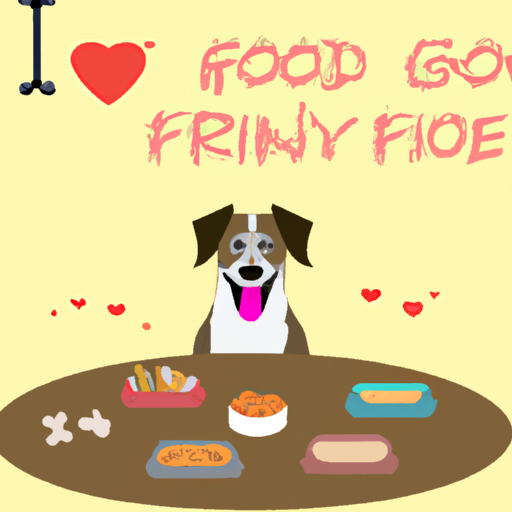As a loving caregiver to your furry friends, you want to provide the best nutrition for them. Understanding which human foods are safe for dogs to consume is important. Let’s dive right in.
1. Meat and Protein Sources
Lean meats are a great source of protein for your dog. Avoid seasoning, as some spices can be harmful.
- Chicken: Cooked and boneless chicken is an excellent choice.
- Fish: Salmon and tuna are rich in Omega-3 fatty acids.
- Turkey: Ensure it’s cooked and without garlic or onions.
| Meat | Preparation |
|---|---|
| Chicken | Cooked, boneless |
| Fish | Cooked, boneless |
| Turkey | Cooked, boneless, no garlic or onions |
2. Fruits and Veggies
Certain fruits and vegetables can provide vitamins, fiber, and other benefits.
- Carrots: Promote good dental health.
- Apples: Rich in vitamins A and C.
- Blueberries: Full of antioxidants.
Remember to remove seeds, pits, and cores from fruits.
3. Grains
Whole grains can provide essential nutrients and fiber.
- Rice: Helps with digestion.
- Oats: Can lower cholesterol levels.
- Quinoa: A good protein source.
Never feed your dog raw dough—it can cause serious problems.
4. Dairy Products
In moderation, some dairy products can be beneficial.
- Cheese: High in protein.
- Yogurt: Contains probiotics.
Many dogs are lactose intolerant, so introduce dairy products slowly.
5. Foods to Avoid
Certain foods can be toxic to dogs, such as:
- Chocolate
- Grapes and raisins
- Garlic and onions
- Xylitol
Always contact your vet if you suspect your dog has eaten something harmful.
6. Treats
Occasional treats are fine, but remember, they should make up no more than 10% of your dog’s daily caloric intake.
7. Feeding Schedule
Maintain a regular feeding schedule. Puppies generally eat three to four times a day, while most adult dogs eat twice a day.
8. Consult Your Vet
Always consult your vet before making significant changes to your dog’s diet. They can provide personalized advice based on your dog’s breed, age, and health.
FAQs
What about bones?
Raw bones can be safe, but cooked bones can splinter and cause harm.
Can dogs eat eggs?
Yes, but only cooked eggs. Raw egg whites can cause biotin deficiency.
Can dogs eat peanut butter?
Yes, but make sure it does not contain xylitol, a sweetener that’s toxic to dogs.
What about popcorn?
Yes, but only plain, unsalted popcorn.
Can dogs eat bread?
Yes, in moderation. But never feed your dog raw dough.



